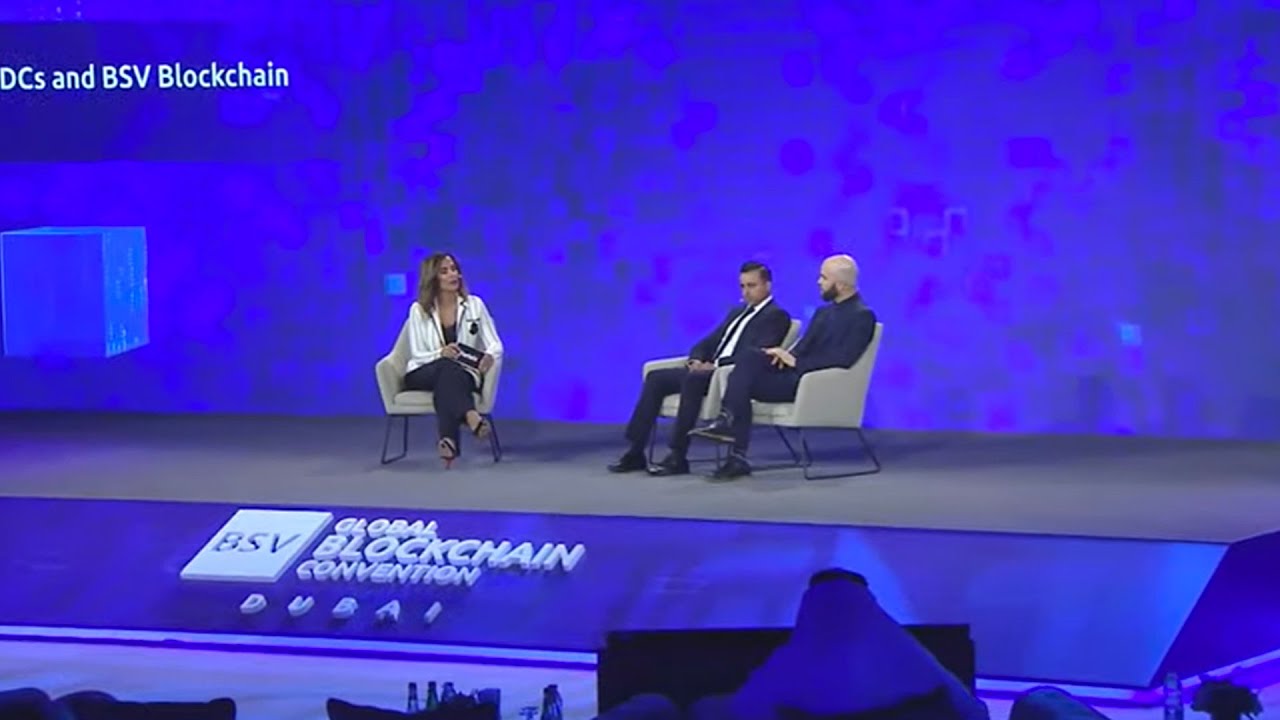The keys to the global economy are in Larry Fink’s pocket. BlackRock, the asset management firm Fink oversees, announced on Jan. 14 that it now controls more than $10 trillion in assets, cementing its lead as the world’s biggest money manager. That’s a 15% increase over 2020, driven largely by investors’ growing appetite for exchange-traded funds, of which BlackRock is the top purveyor—especially those that are ostensibly comprised of companies with strong environmental, social, or governance (ESG) ratings.
Every January, Fink releases a public letter to CEOs, offering a potentially market-moving look at his priorities for the year. For the last few years, Fink’s letter has foregrounded climate change, and made a compelling argument that climate disruption and the transition to clean energy present both a grave risk to carbon-intensive companies and an unprecedented investment opportunity in alternatives. In terms of rhetoric, Fink is among the most powerful climate advocates in global finance. But apart from a 2020 commitment to reduce its holdings of thermal coal mining companies, BlackRock’s actions don’t show much progress toward reducing emissions—and Fink’s 2021 letter, released Jan. 18, doesn’t clear things up.
“Larry Fink’s latest letter to CEOs is just another rehashing of the same vague rhetoric,” Ben Cushing, fossil-free finance campaign manager with the Sierra Club, said in an email, “without any meaningful new commitment to actually help lead the necessary transition to a climate-safe future.”
What’s missing in Larry Fink’s letter about climate change
The new letter is explicit that BlackRock is focused on climate change because of the money-making potential, not because it loves trees or has an interest in progressive climate policies.
“We focus on sustainability not because we’re environmentalists, but because we are capitalists and fiduciaries to our clients,” Fink writes.
That focus can take form in two venues: The composition of funds BlackRock manages, and how it exercises its leverage over companies through one-on-one meetings and voting on shareholder resolutions.
On the former, ESG funds, while a growth product for the company, still comprise only a few percentage points of BlackRock’s offerings. And because of a misleading ESG rating system, these funds still include major greenhouse gas emitters, including oil and gas majors, and according to Bloomberg are in some cases more heavily weighted in fossil fuel companies than the S&P 500. BlackRock continues to hold tens of billions of dollars in coal and emissions-heavy tar sands oil drilling.
At the beginning of 2021, BlackRock published a climate strategy that committed by the end of the year to “announcing an interim target on the proportion of our assets under management that will be aligned to net zero in 2030.”
This commitment is essential, because among BlackRock and other top asset managers, the most carbon-intensive 10% of holdings are responsible for 85% of the portfolio’s emissions, according to the advocacy and research group Universal Owner. BlackRock’s latest climate disclosure, from September, repeats that commitment. But the company has not yet specified those targets (a spokesperson for BlackRock did not return a request for comment).
BlackRock’s stance on fossil-fuel divestment, climate disclosure
In the new letter, Fink cautions against divestment in fossil-fuel companies as a climate strategy, arguing that “foresighted companies across a wide range of carbon intensive sectors are transforming their businesses, and their actions are a critical part of decarbonization.” His message extends to oil companies themselves, which are increasingly looking to offload, rather than decommission, polluting assets. Prolonged investment in fossil-fuel companies is necessary and prudent, Fink argues.
“The transition to net zero…will not happen overnight,” he writes. “We need to pass through shades of brown to shades of green. For example, to ensure continuity of affordable energy supplies during the transition, traditional fossil fuels like natural gas will play an important role both for power generation and heating in certain regions, as well as for the production of hydrogen.”
BlackRock made its gas strategy clear in December, when it announced a $15.5 billion gas pipeline deal with Saudi Aramco. In the US, BlackRock is also under new political pressure to support fossil fuels, as lawmakers in West Virginia and Texas adopt legislation that seeks to pull state investments from any fund with a climate agenda.
Instead, Fink argues, asset managers should work with companies whose shares they own on strategies to lower emissions, which are “critical to the long-term economic interests of your shareholders.” He especially advocates for companies to publish climate-related financial disclosures.
But when push comes to shove—voting on climate-related shareholder resolutions at companies’ annual meetings—BlackRock’s voting record is mixed. It supported a successful high-profile campaign in May 2021 by climate-focused hedge fund Engine #1 to capture three seats on the board of ExxonMobil. But it opposed almost half of other climate-related votes in the past two years, according to a Dec. 15 report by the London-based advocacy group ShareAction. BlackRock will have more chances to vote during the shareholder meeting season of the next few months, during which a number of climate proposals will be on the table at companies BlackRock is invested in.
Note: This article have been indexed to our site. We do not claim legitimacy, ownership or copyright of any of the content above. To see the article at original source Click Here












